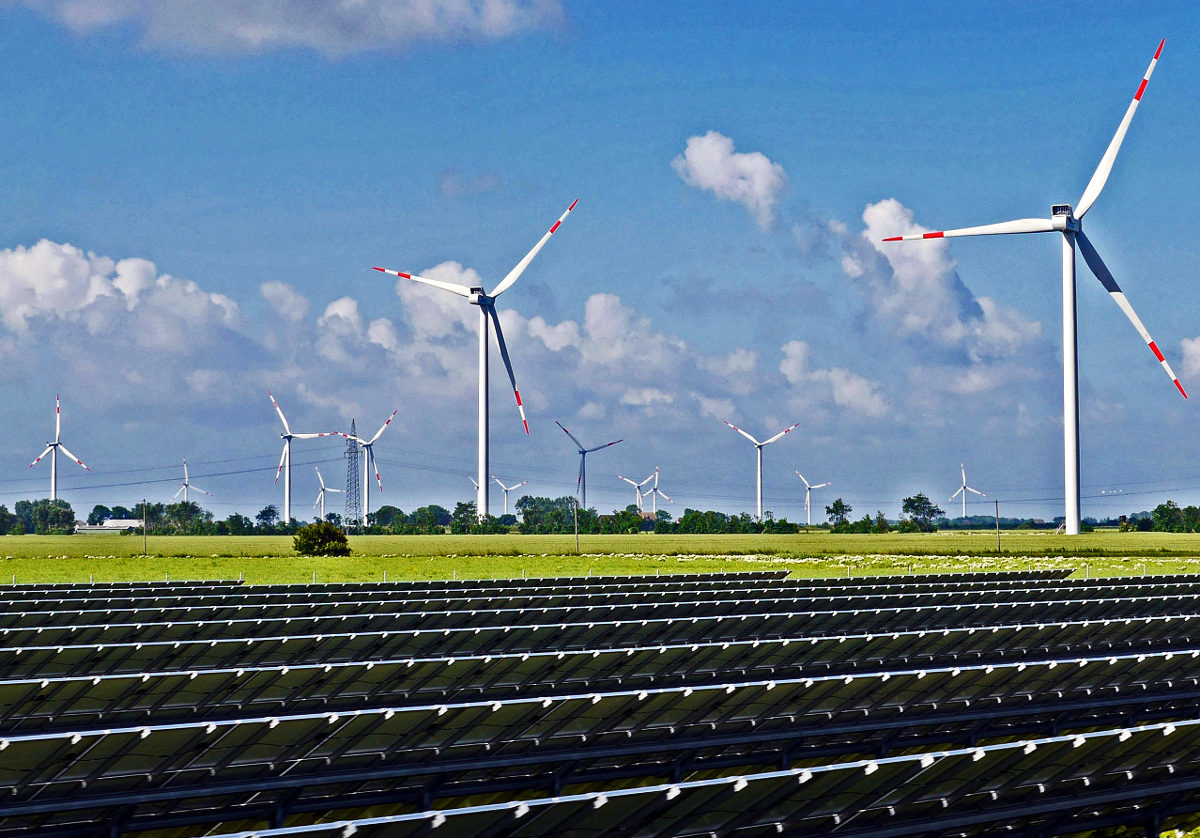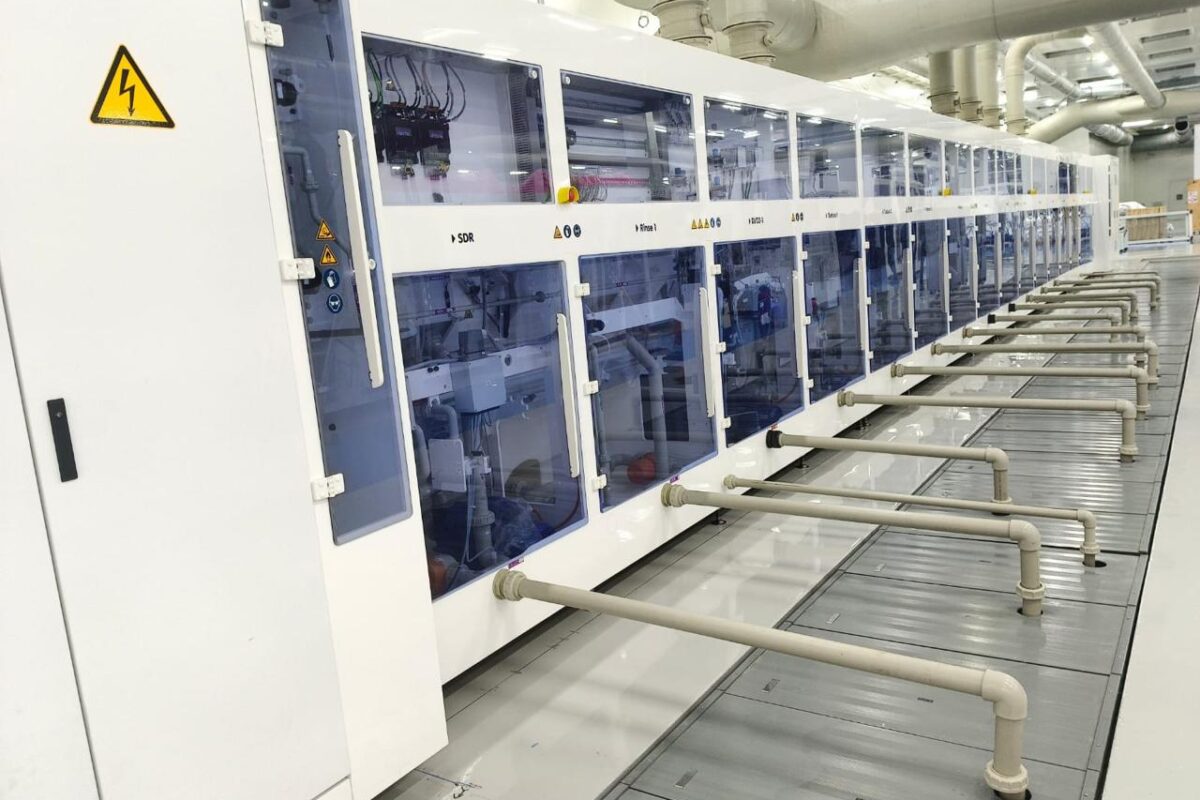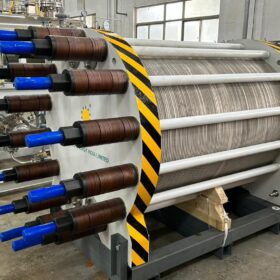India’s pursuit of 500 GW of non-fossil fuel-based capacity (excluding largescale hydropower) by 2030 and five million tonnes of green hydrogen per annum by 2030 provides $25 billion of annual investment opportunity, according to a new report by Avendus Capital.
The report states the targets set by the Indian government can only be achieved by collaboration between Indian developers and global sector participants that have a strong balance sheet and know-how to navigate potential pitfalls in the market.
“Over the last few decades, any mention of the cleantech sector has become synonymous with renewable power producers. The fact is that only 20% of the final energy consumed is in electrified form. Investments in the decarbonization of the balance 80% share will require and witness participation from a multitude of players in addition to renewable power producers and its current ecosystem,” said Prateek Jhawar, managing director and head-infrastructure & real assets investment banking, Avendus Capital.
India’s renewable energy sector attracted around $10 billion of annual investment over the past five years and project finance investment of $16.6 billion in the year 2021. Early estimates by Clean Energy Pipeline show that project financing in India rose significantly in 2022 as well.
“Green hydrogen, energy storage, EV charging, carbon capture & utilization, and energy efficiency are the segments that will create a mark for themselves over this decade. Existing companies will expand their offerings and multiple new players/business models will contribute towards energy transition,” said Akhil Dokania, director, infrastructure and real assets investment banking, Avendus Capital.
“Grid load management is critical and we expect investments will go into both pump storage hydro and battery-based storage projects. Further, EV charging infrastructure will require large-scale investments to support the growing EV penetration in India. While the carbon capture, utilization and storage industry is in its nascent stages, commercially-viable business models will have to be developed for it to become an attractive investment proposition. Indian companies are coming up with service-oriented solutions for energy delivery as well as management, which further creates a significant value creation opportunity for early investors in the emerging energy transition segments.”
The report specifically calls on the Indian Renewable Energy Development Agency (IREDA), which has financed more than 2,900 renewable energy projects with a combined capacity of 19.4 GW, to increase its role as a provider of long-term financing.
IREDA is planning a public listing, an Alternative Investment Fund (AIF), and green bond offerings to secure additional funds from domestic and international investors. This would be in addition to INR 1,500 crore ($187 million) equity infusion from the Government of India.
As part of the study, Avendus commissioned a survey that was conducted by Clean Energy Pipeline to gauge global investor interest in India’s clean energy industry, which garnered over 2,000 responses. It indicated that high economic growth and a stable commitment to decarbonization have drawn the attention of major organizations and investors around the world. The report also interviewed a few key companies and investors who participated in the survey, including SUSI partners, Actis, ABB, and Ikigai Capital.
This content is protected by copyright and may not be reused. If you want to cooperate with us and would like to reuse some of our content, please contact: editors@pv-magazine.com.









By submitting this form you agree to pv magazine using your data for the purposes of publishing your comment.
Your personal data will only be disclosed or otherwise transmitted to third parties for the purposes of spam filtering or if this is necessary for technical maintenance of the website. Any other transfer to third parties will not take place unless this is justified on the basis of applicable data protection regulations or if pv magazine is legally obliged to do so.
You may revoke this consent at any time with effect for the future, in which case your personal data will be deleted immediately. Otherwise, your data will be deleted if pv magazine has processed your request or the purpose of data storage is fulfilled.
Further information on data privacy can be found in our Data Protection Policy.